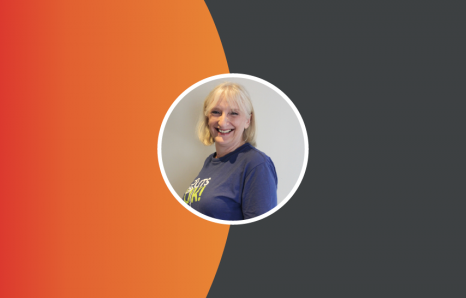Topic
Category
Year

An introduction to emotional resilience
In this short video, we explore what emotional resilience really means and why it's a crucial skill for navigating life's ups and downs. You'll learn about common obstacles that can weaken resilience and discover practical strategies to build it up - so you can bounce back stronger from stress, setbacks and challenges. Whether you're looking to support your own growth or help others, this video offers a clear and empowering starting point.

Understanding hidden disabilities
Watch this talk on hidden disabilities and how labels and language shape our perceptions. Explore the challenges people face and simple ways to foster inclusivity. Learn to raise awareness, improve accessibility, and create a supportive environment.

How to make workplaces more inclusive for people with invisible disabilities
Invisible disabilities like chronic pain, ADHD, and mental health conditions affect millions but often go unrecognised. In the UK, 70-80% of disabled people have one. Leaders can foster inclusion through flexibility, awareness, and allyship. Watch this video to learn more.

Hormones and their impact on mental health
Explore the impact of menopause on mood and mental health. Plus, learn to recognise hormonal changes, manage symptoms and enhance resilience through lifestyle, therapy and medical options for better emotional wellbeing.

Building psychological resilience during perimenopause
Perimenopause impacts emotions, but resilience helps. Mindfulness, stress management, exercise, sleep and nutrition support wellbeing. Plus, learn how social connections, therapy, HRT, CBT and alternative therapies can promote balance and strength.

Understanding food intolerance
This session covers food intolerance, including its causes, symptoms and differences from allergies. It explores common intolerances like lactose and gluten, their effects on digestion, and how to identify and manage them. You’ll learn diagnosis methods, such as elimination diets and receive practical tips for symptom management through diet changes.
